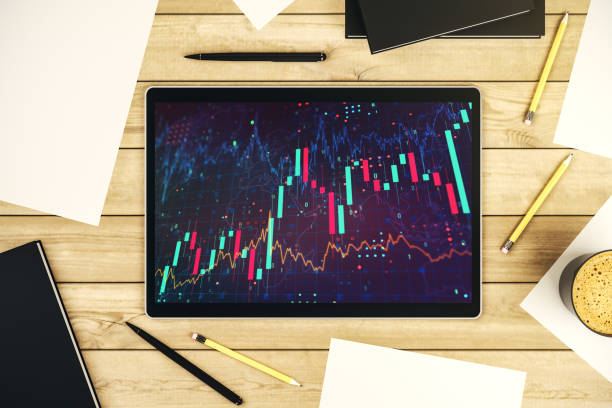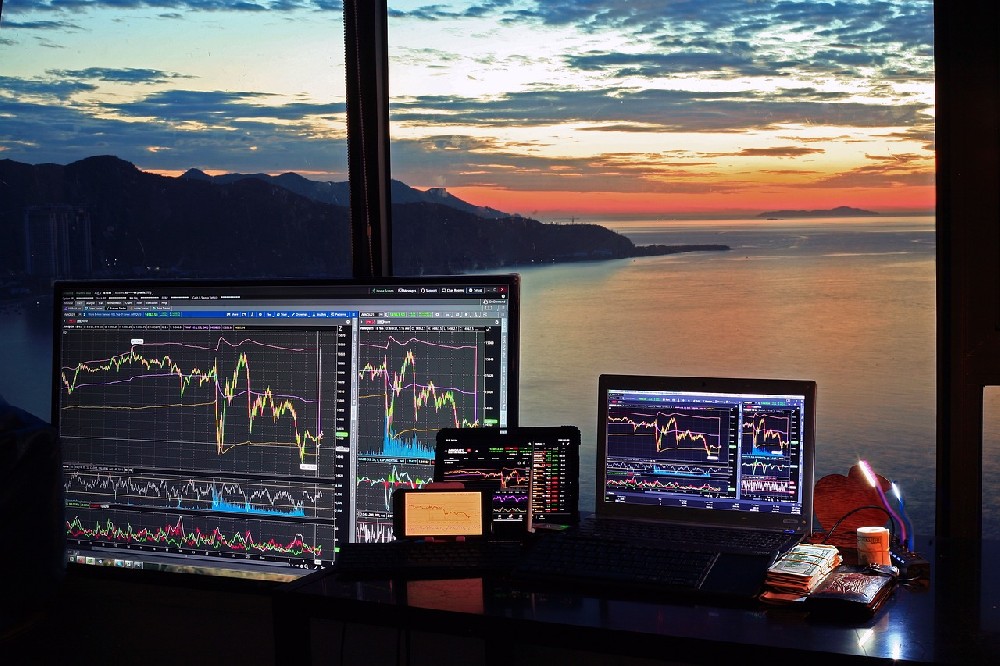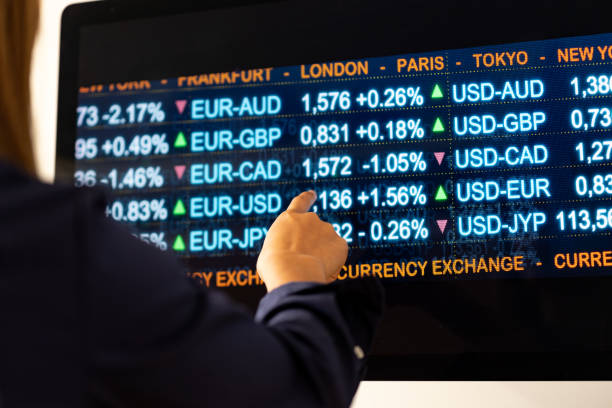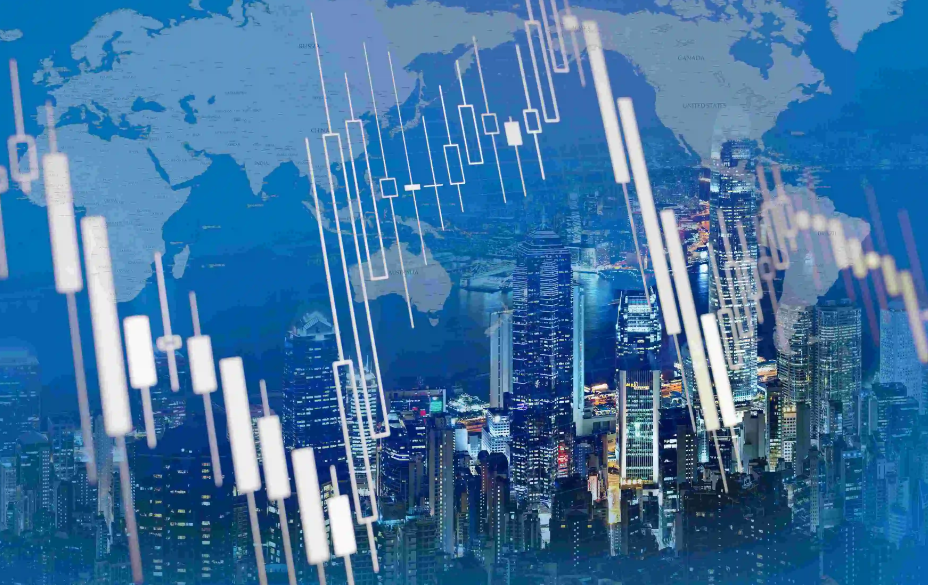International futures are contracts that obligate the buyer or seller to exchange an asset or commodity at a specified future date and price. They are used for hedging, speculation, and arbitrage purposes in the global market. International futures can be based on various underlying assets, such as currencies, commodities, indices, stocks, bonds, and interest rates.
However, international futures are also vulnerable to black swan events, which are unpredictable and rare events with an extreme, paradigm-shifting impact on the wider world. These events are outside the realm of regular expectations and are often rationalized with the benefit of hindsight as having been unavoidable.
Some examples of black swan events that have affected international futures are:
The 9/11 terrorist attacks in 2001: These attacks shocked the world and triggered a global war on terror, as well as increased security measures and geopolitical tensions. They also caused a sharp drop in the stock market and a spike in oil prices, affecting the futures of equities and energy commodities.
The 2008 global financial crisis: This crisis was triggered by the collapse of Lehman Brothers and the subprime mortgage market, leading to a credit crunch and a recession. It also exposed the flaws and risks of complex financial instruments, such as derivatives and futures. The crisis affected the futures of currencies, interest rates, and various commodities, such as gold and oil35
The COVID-19 pandemic in 2020: This pandemic was a global health emergency that disrupted the normal functioning of society and the economy. It also caused unprecedented volatility and uncertainty in the financial markets, affecting the futures of almost all assets and commodities. The pandemic impacted the supply and demand of various goods and services, as well as the monetary and fiscal policies of governments and central banks.
The war in Ukraine in 2023: This war was a result of the Russian invasion and annexation of Crimea and eastern Ukraine, in response to the NATO expansion and the EU integration of the former Soviet republic. The war escalated into a nuclear confrontation, threatening the stability and security of the region and the world. The war affected the futures of currencies, especially the euro and the ruble, as well as the futures of energy commodities, such as natural gas and oil.
These are some of the black swan events that have occurred in international futures, but they are not the only ones. Traders and investors who trade futures need to be aware of the potential impact of such events and prepare for them accordingly. They also need to use indicators and tools that can help them analyze the market trends, momentum, volatility, and volume of the underlying assets and the futures contracts. By doing so, they can anticipate and adjust to the possible changes and opportunities in the global market.







